Another day, another lost pet. While our area may not be unique, it sure seems like there are a lot of lost and found pets. When we get a stray at our shelter, we first scan them for a microchip and check to see if they have a tag. More often than not, our found pet posts include this phrase: “no chip, no collar, and no tag”. This makes it difficult to facilitate a happy reunion if the pet is loved and the family wants to be reunited. Although we reunited 47 pets with their people in 2023, that was only 25% of the stray cats and dogs we received.

We can easily transform these dreary statistics through the simple prevention approach of the microchip. Microchips are harmless and very tiny, the size of a grain of rice. They are implanted quickly and painlessly into the subcutaneous layer of your pet’s skin. The serial number they are encoded with can be read by a scanner and tracked immediately to the pet parent listed in the database.
As with any ID method, pet parents must keep their database information current. More than once pets have arrived at Second Chance with a microchip that did not link to an active phone or address, thus rendering it useless.
Microchips do not require a battery or other power source, so they are good for the life of your pet and they are virtually free of health risks (according to the American Veterinary Medical Association data collection on pet microchips since 1996 have shown only 391 adverse reactions among over 4 million pets microchipped, less than 0.0001 percent).
A microchip implant helps to recover lost pets turned into an animal shelter, animal control, veterinarian’s office, or any entity utilizing scanners to identify lost pets. Although they are a great invention that truly makes a difference, not everyone who encounters a lost pet has a microchip scanner. We highly recommend that your pet have a collar with a tag. That way, when your lost dog shows up down the road at the neighbor’s house, they can call you- and your dog is home faster. 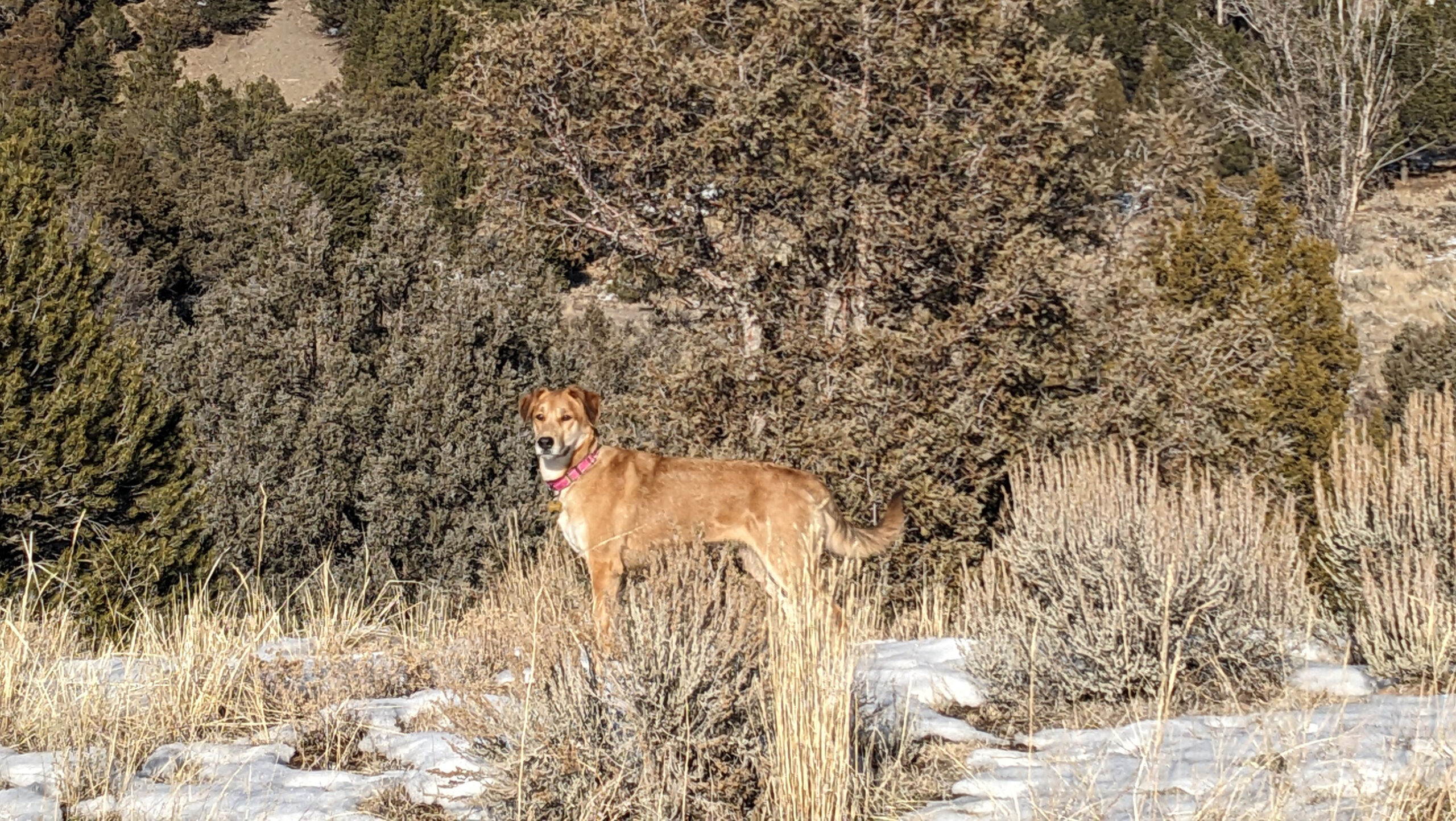
We have scheduled clinics throughout the spring and summer where we will offer low-cost vaccines and procedures. At these clinics, a microchip is only $20.
Our 2024 Mobile Clinic Schedule (watch our social media for details):
In Nucla at the Community Center: April 11, June 13, Aug 8, and Oct 10.
At Chow Down in Montrose: May 9, July 11, Sept 12, and Nov 7.
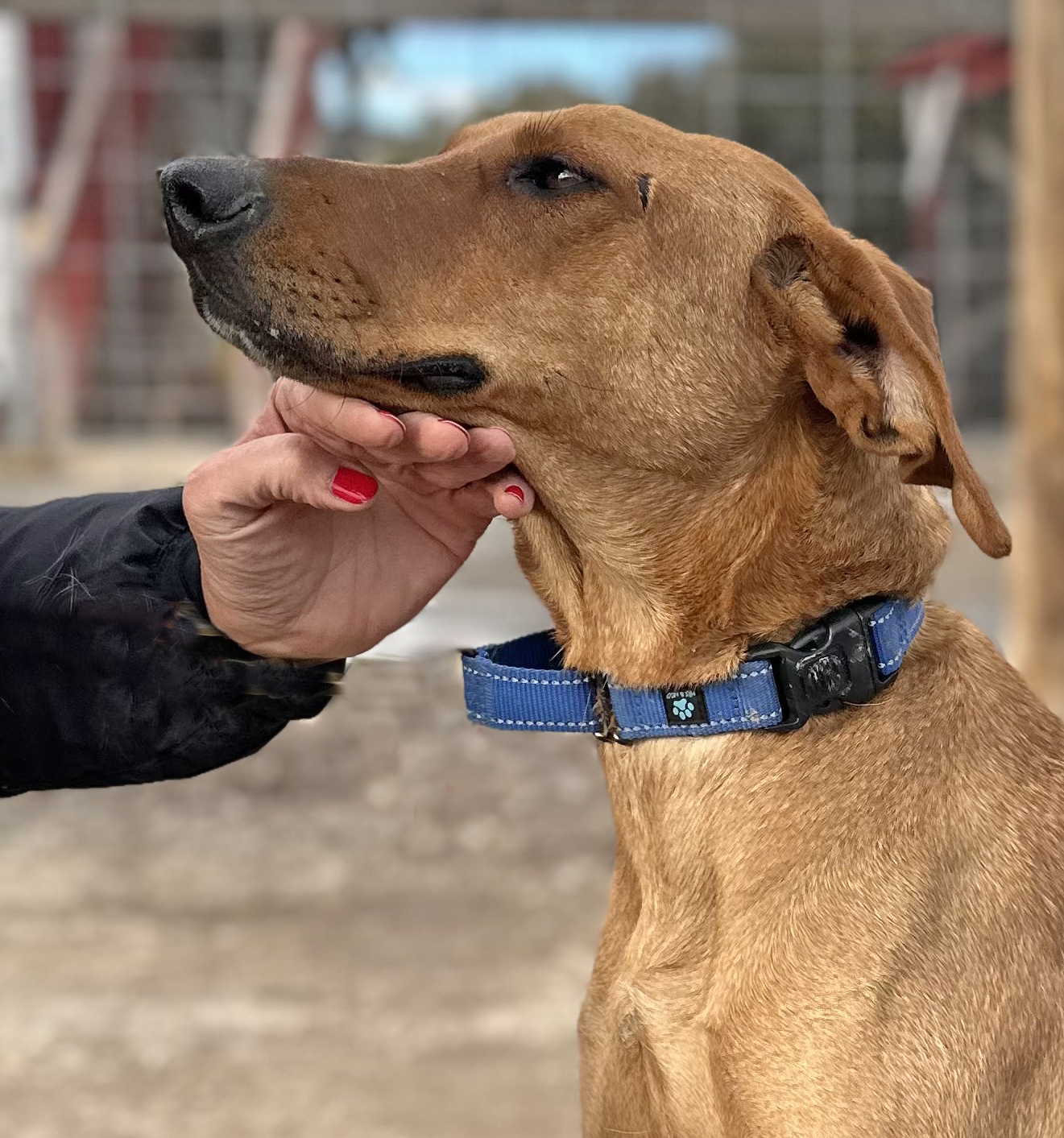 Dawn is a three-year-old, female, Viszla mix who weighs just under 50 pounds. She is a very sensitive dog who is smart, playful, and prefers the company of women. Dawn does well walking on a leash. When she cuddles, she likes to lay her head on a lap and get belly rubs. All of our pets are microchipped.
Dawn is a three-year-old, female, Viszla mix who weighs just under 50 pounds. She is a very sensitive dog who is smart, playful, and prefers the company of women. Dawn does well walking on a leash. When she cuddles, she likes to lay her head on a lap and get belly rubs. All of our pets are microchipped.
For thirty years, the Animal Resource Center and Shops of Second Chance Humane Society have been serving Ouray, San Miguel, and Montrose Counties. Our adoption hours are from Wednesday to Sunday, 11 a.m. to 5:30 p.m. You can view our shelter pets and services online at www.secondchancehumane.org. Connecting Pets, People, and Community While Saving Lives.


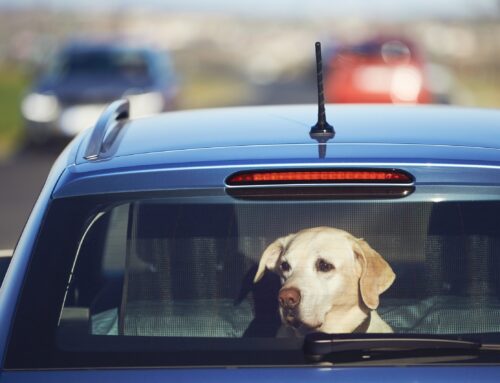
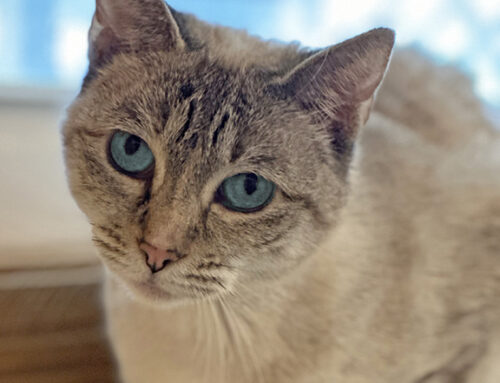
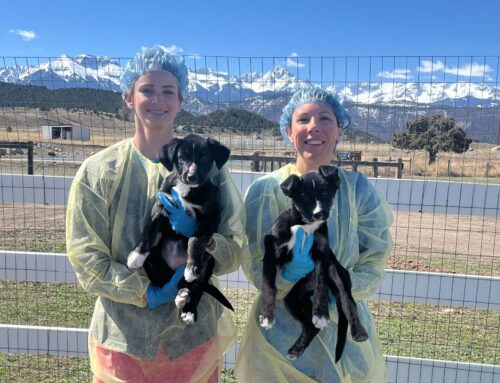
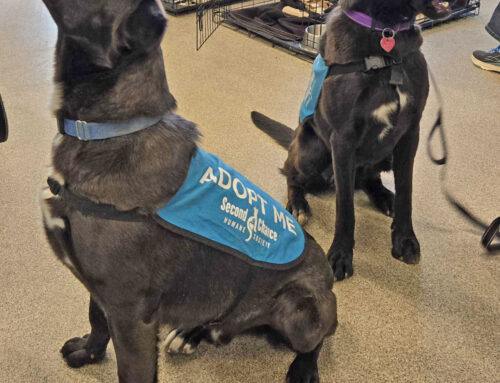
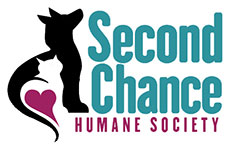
Leave A Comment